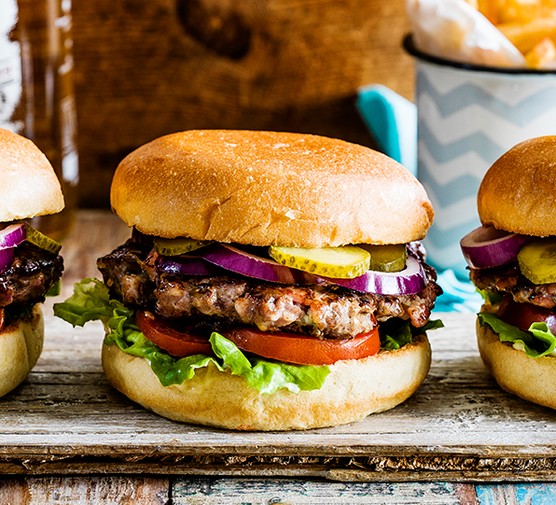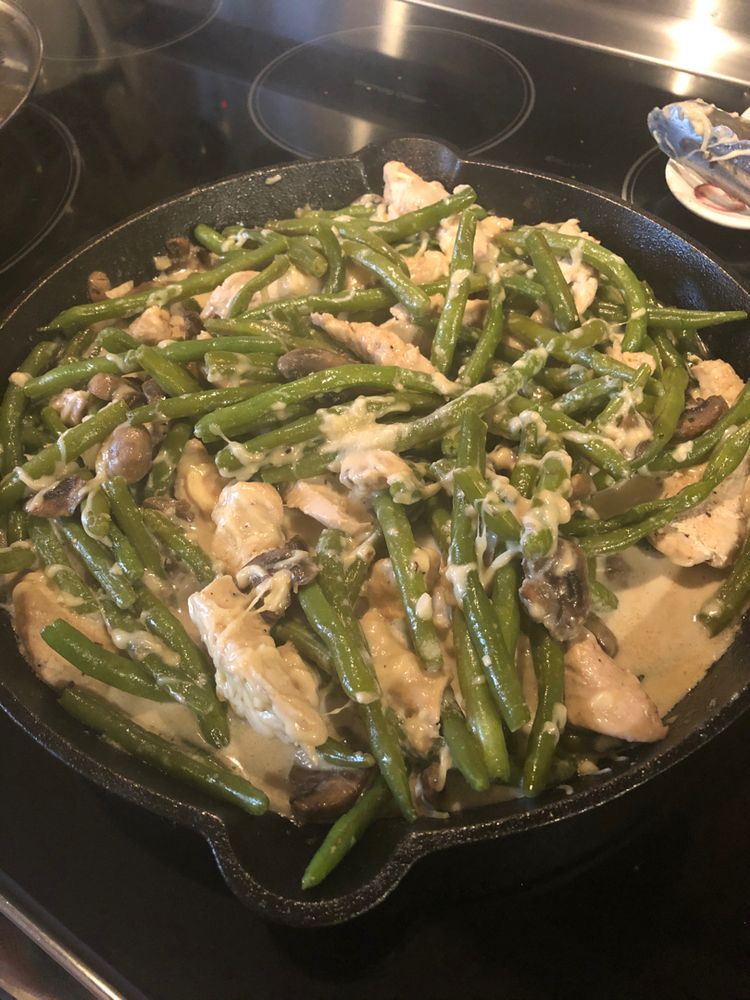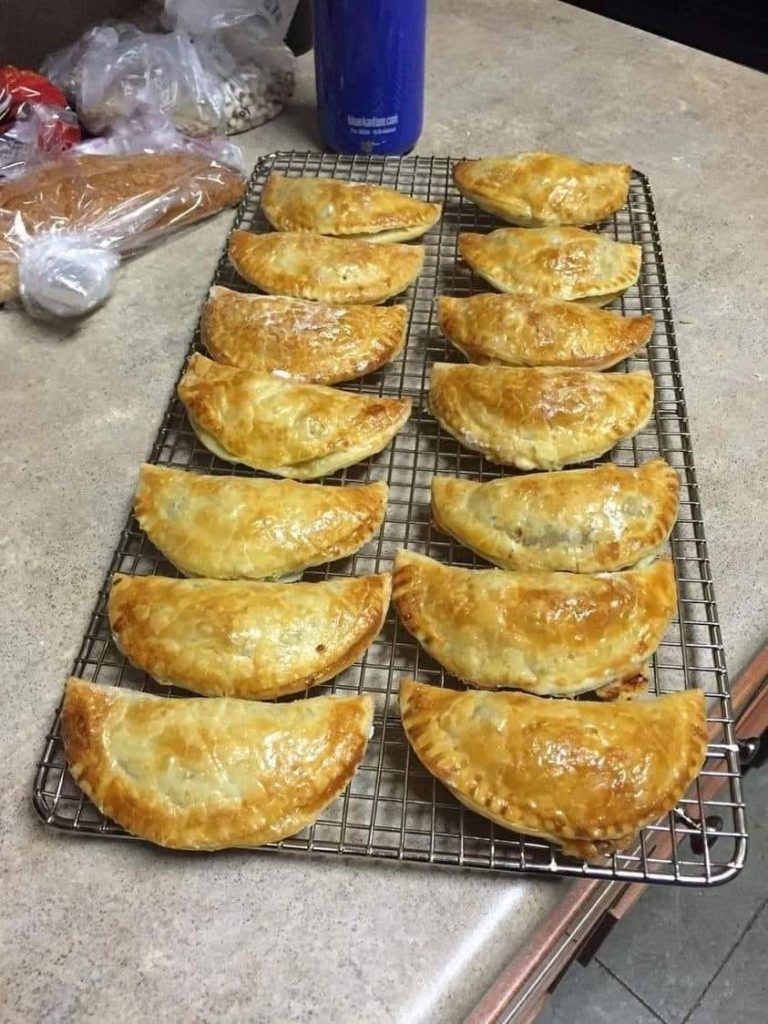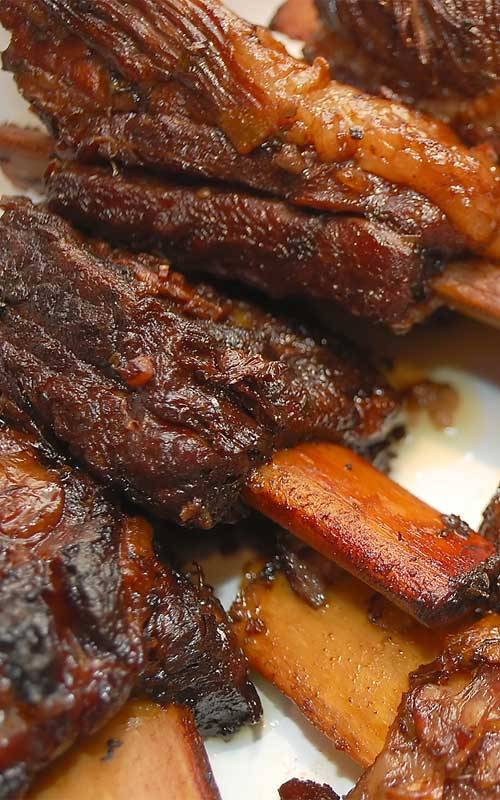10 secrets of amazing burgers

Cooking the legendary dish yourself
The attitude towards burgers in our society is ambiguous – the dish is inextricably associated with fast food and therefore is considered harmful. However, a well-cooked burger is a little different from any meat dish with a piece of bread that few people would object to. For those who don’t trust cafe food or just want to experiment, there’s always the option of making your own burgers. So you can be sure of the taste, quality, and composition.
The word “burger” does not necessarily represent something wrapped in paper. The dish has long gone beyond the range of cheap eateries – it can be found on the menu of trendy restaurants and steakhouses that rely on excellent quality meat.
The main complaint against all famous fast food burgers is a cutlet of unknown origin. Not necessarily of dubious quality – maybe just tasteless, overdried or too thin against the background of a plump bun.
We wrote down 10 important rules, thanks to which homemade burgers will always turn out perfect:
1. Don’t use a bun that’s too plump
The range of stores today is very large, and on sale, you can find quite thin and already cut in half burger buns. Traditional wheat, sesame, cereal, or even rye – it all depends on your preferences. And too thick a base is not very convenient to bite off.
2. Choose the size of the roll and cutlets
If you use purchased buns and cutlets from the semi-finished products department, there is almost no chance of error – the products are made in a standard size. And if you want to bake the base yourself and make cutlets from homemade minced meat, you will have to make sure that the diameter matches. The protruding edges of the cutlet look ugly. And vice versa, if the meat is less, then you will get a fair share of the “empty” roll.
3. Dry the foundation
For a burger to be delicious, the bun needs to be warm. However, if you simply heat it up by steaming or in the microwave, the baked goods will remain soft inside. And when you put a hot cutlet, vegetables and sauces on the bread crumb, the bun will instantly get soggy, and the taste of the burger will go bad. Therefore, the inside should be ruddy and slightly crispy. The best option is to dry the base in a pan without oil or on the grill. In the oven, there is a risk of overdoing and getting a cracker.
4. Use 100% beef patties
A common mistake is to try to build a burger with a homemade patty, and then wonder why it turned out to be completely different from a dish from a cafe … It’s simple: these are completely different recipes. For classic cutlets “like grandma’s”, mixed minced pork and beef are used, generously flavored with chopped onions and bread soaked in milk, and then the products are rolled in a breading mixture. Burger patties are prepared in a completely different way: 100% beef and nothing else. The product is placed on a hot frying pan, and the juice is immediately sealed inside.
5. Watch the degree of roasting cutlets
A good burger restaurant will offer a choice of at least three degrees of roasting: medium-rare, medium and medium well, like for a steak. At home, the choice will have to be provided independently, and it is desirable that it be non-random. Almost everyone likes a medium-rare burger: the cutlet is juicy, but not raw – the middle is a little pink. To achieve such a roast, a semi-finished product two fingers thick must be fried over high heat for three minutes on each side (you can briefly cover it with a lid). If you are afraid of underdone meat, hold the cutlets on the fire a little longer, and if you like steaks with blood, limit yourself to one or two minutes so that the cutlet is only on the outside seized by a crust.
6. Avoid Fatty Mayonnaise-Based Sauces
A burger is a heavy dish, so you don’t need to make it heavier with mayonnaise or mayonnaise-based sauce. It is better to choose mustard or tomato – they will well emphasize the taste of meat. You can experiment: add ajvar – Bulgarian sauce made from roasted peppers and eggplant – or Italian pesto to the burger. Or use hot mushroom sauce. The exception is chicken fillet burgers: the meat harmonizes well with mayonnaise, which compensates for possible dryness. If you’re making a fish fillet burger, opt for the time-honored 1000 Islands sauce or pickle tartare.
7. Limit yourself to two or three additives as an accent
No need to try to put all the best in a burger at once. Popular burgers offer a variety of options. Here are the ideas:
- mushrooms;
- portioned fried eggs – fry it in a shape that matches the size of the cutlet;
- bacon;
- roasted peppers;
- sun-dried tomatoes;
- fresh tomatoes;
- pickles;
- hot jalapeno pepper;
- unsweetened berry sauce, such as lingonberry;
- gourmet cheese with white or blue mold;
- carrots in Korean;
- sweet onion.
In some restaurants and cafes, burgers are turned into towers by putting deep-fried onion rings, solid slices of pate, potato hash browns on top of the patty … in a word, everything that came to hand. In the photographs, such a dish looks spectacular, but you should not repeat it at home: the tastes of different products will interrupt each other.
The best option is to choose no more than three additives that are combined with each other: for example, jalapeno peppers, pickles, and bacon.
If you have chosen a berry supplement – many people like the combination of meat with cranberries, cranberries, or cherries – then you need to be even more careful: let the berries lead the way in the dish. The maximum that can be added is a little cream cheese.
8. Put enough vegetables
Healthy vegetables are a good addition to a hearty dish of meat and bread. A few leaves of fresh green lettuce, a handful of arugula or spinach, slices of tomato – take your pick. It is advisable to put greens under the cutlet, and tomatoes and onions on top.
By the way
If you’re on a diet but want to eat a burger, there are two options:
- Make an avoburger that uses avocado halves instead of a bun. It looks impressive, but despite the undeniable benefits for the body, avocados are quite a high-calorie fruit. It may turn out that you get about the same number of calories as from baking. So this idea is a tribute to fashion, rather than diets.
- Put the cutlet with sauces and additives in iceberg lettuce leaves – it is quite dense, holds its shape well and does not instantly soak in juices. It is recommended to eat such a dish with a knife and fork.
9. Melt the cheese along with the cutlet
Two minutes before the patties are ready, place the cheese (Cheddar is best) on top and cover with a lid to allow the product to thaw slightly. By the way, if you don’t have cheddar, it’s best to use special toast cheese that melts easily. The “Russian” or “Kostroma” that we are accustomed to will give a completely different taste to which you are used to in a cafe.
If you use several types of cheese as a flavor accent – blue gorgonzola, mozzarella, or camembert – the algorithm of actions will be the same: put them on a cutlet and let them melt a little. But it is advisable to spread the cream cheese on the bottom half of the roll in advance.
10. Cook the burgers before serving
Ideally, the household should already be at the table when you finish picking the burgers. If you leave the dish for at least 10-15 minutes, then, firstly, it will cool down, and secondly, it will get wet. By the way, it is for this reason that burgers do not tolerate delivery. So much so that some restaurants have begun selling “constructors” – all the components of a burger separately for the customer to assemble them himself – just so as not to spoil the dish.
What can be done?
Replace the traditional burger patty with falafel made from chickpeas, greens, and sesame if your family is vegetarian or you want to try something new. The perfect addition to this burger is hummus.




